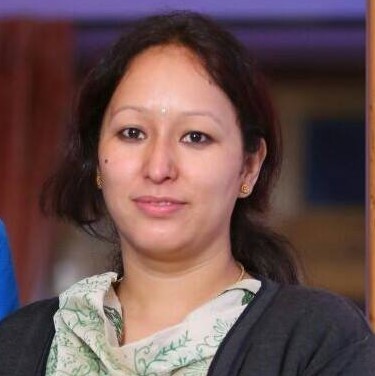Standardization of post harvest technology for wild rose hips and promotion as sustainable livelihood option among poor self help women groups in kullu valley, Himachal Pradesh
Wild rosehip (Rosa moschata syn. R. brunonii) grows abundantly across degraded lands, near water sources, and in forest and riverine areas surrounding villages in the Kullu Valley of Himachal Pradesh, yet for generations it was considered a weed, largely ignored by local communities despite its widespread distribution. Scientific literature and preliminary investigations, however, indicated its remarkable nutraceutical potential and scope for livelihood generation, if systematically utilized, and with this realization, the G.B. Pant National Institute of Himalayan Environment (HRC, Mohal-Kullu), in partnership with the community-based organization JAGRITI and with support from the Department of Science and Technology (DST), New Delhi, undertook a pioneering project to convert this neglected resource into an avenue of women-led enterprise. The initiative was strategically implemented in five panchayats of Gadsa Valley-Garsa, Manjhali, Bhalan, Jeshta, and Parlicovering 64 villages and 2,111 households situated in high-altitude, scattered settlements with fragile ecosystems and limited agricultural productivity, where nearly half of the population (48.35%) are women facing livelihood challenges. The project began by raising awareness among villagers regarding the environmental and economic value of wild rosehip, as local perceptions needed to shift before meaningful interventions could be made. Carefully designed campaigns emphasized not only the plant’s market potential but also its ecological role, followed by intensive capacity-building programmes where women were trained in sustainable harvesting methods, post-harvest protocols, and hygienic processing practices to ensure that resource use was both profitable and environmentally sound.
To reduce drudgery, which often discourages women’s participation in new livelihood activities, the project introduced technological innovation through the design and deployment of a Seed Shredder Machine, which increased processing efficiency from a mere 4 kilograms per day manually to 200 kilograms per day, thus dramatically enhancing productivity and reducing labor intensity. Alongside, product development efforts focused on creating high-value items such as rosehip tea and seed oil, both of which underwent laboratory testing to establish their nutraceutical qualities and secure consumer confidence. Critical to the enterprise’s success was the attainment of Food Safety and Standards Authority of India (FSSAI) certification, which not only legitimized the products in formal markets but also expanded their reach and acceptance. Over five years, the initiative engaged 250 women directly through 12 Women’s Saving and Credit Groups (WSCGs), while over 800 additional women were sensitized to sustainable harvesting and processing techniques, creating a broad base of awareness and indirect beneficiaries. The economic outcomes were significant: value-added rosehip products generated a cumulative net income of ₹25 lakhs by June 2023, providing participating women with tangible financial benefits and contributing to household economic security. Equally important were the intangible outcomes, such as enhanced environmental consciousness, improved technological awareness, and increased confidence among rural women to participate in entrepreneurial ventures, areas where they traditionally faced constraints due to limited exposure and opportunities.
Post-project assessments revealed not only a growth in women’s incomes but also a transformation in their attitudes toward natural resource management, as they began to view the once-neglected rosehip not as a nuisance but as a valuable bioresource worth conserving and regenerating, thereby linking livelihood development with biodiversity conservation. The initiative also underscored the importance of community-driven approaches in fragile mountain ecosystems, where small-scale, decentralized enterprises can provide resilience against climate and market uncertainties. By integrating scientific knowledge, appropriate technology, institutional support, and community participation, the project demonstrated a replicable model for turning underutilized wild flora into sustainable income-generating opportunities. Its recognition as a national success story by the Department of Science and Technology further validates the approach and highlights its policy relevance in the context of women’s empowerment, rural entrepreneurship, and conservation-based development. As the enterprise continues to grow with increasing women’s participation and rising household incomes, it stands as a testament to the power of combining local resources with scientific innovation and grassroots mobilization, showing that what was once dismissed as a weed can become a driver of socio-economic transformation, ecological stewardship, and gender empowerment in the Himalayan region.





